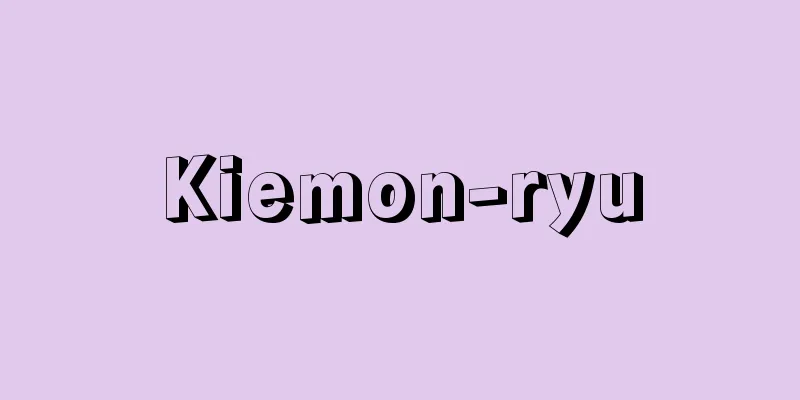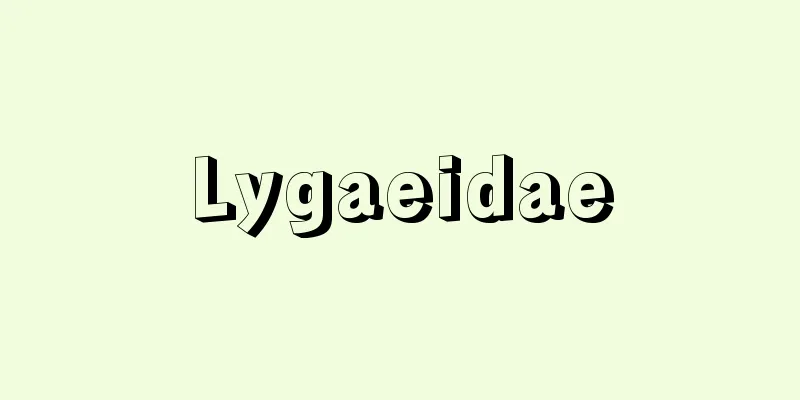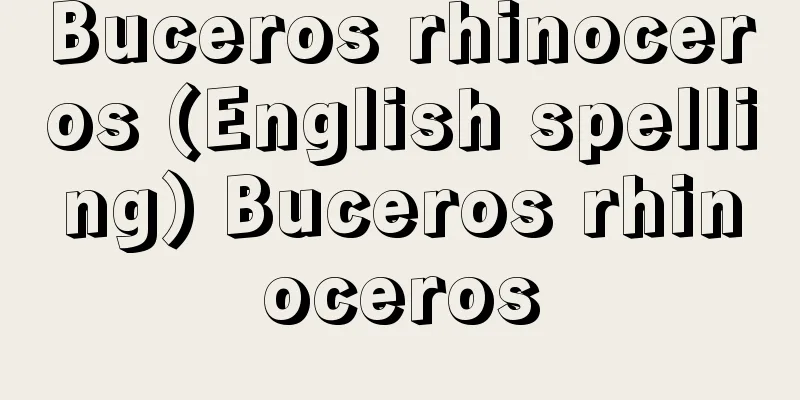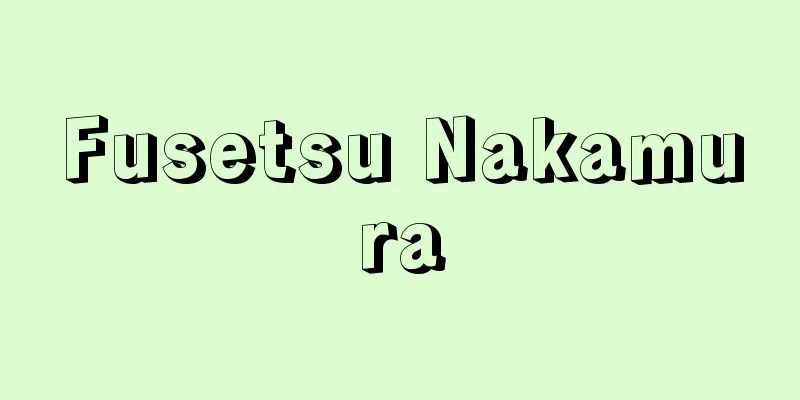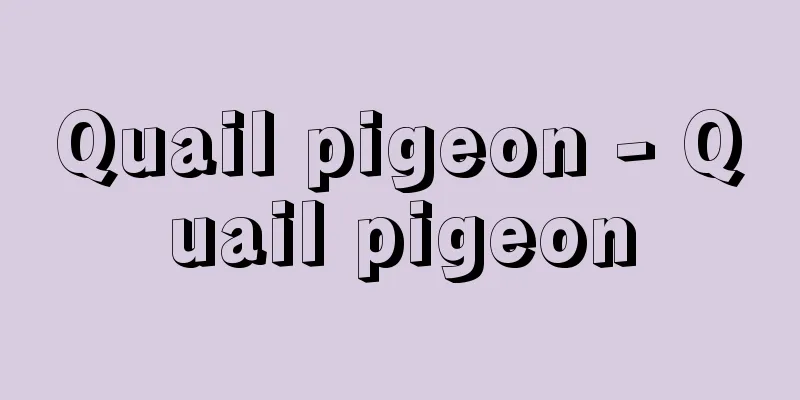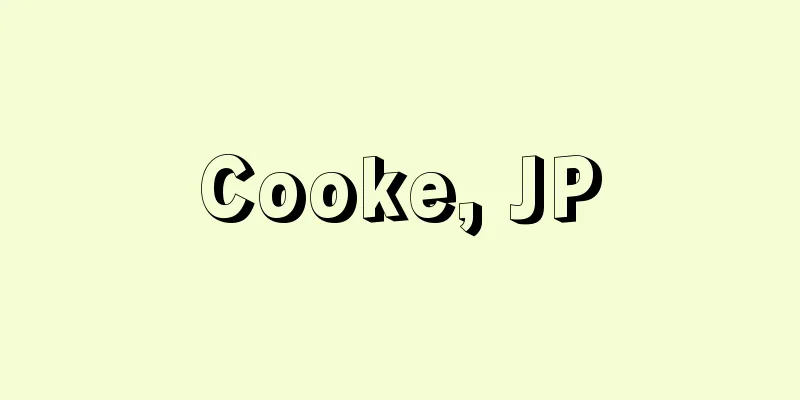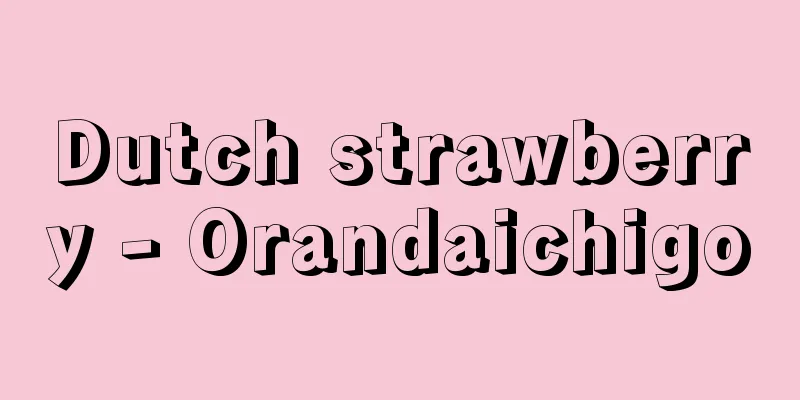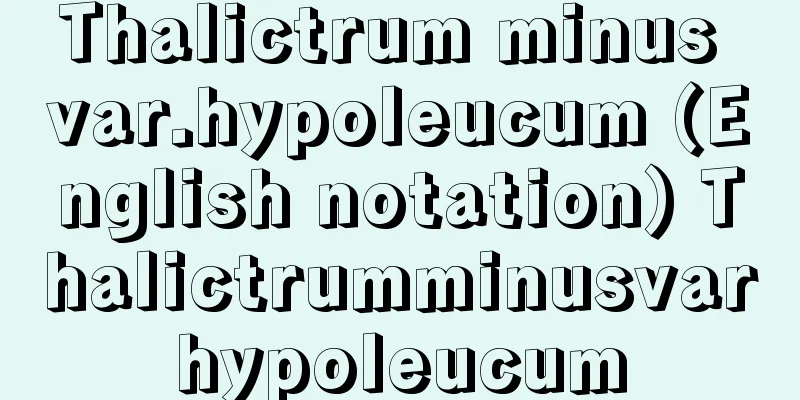Pelota
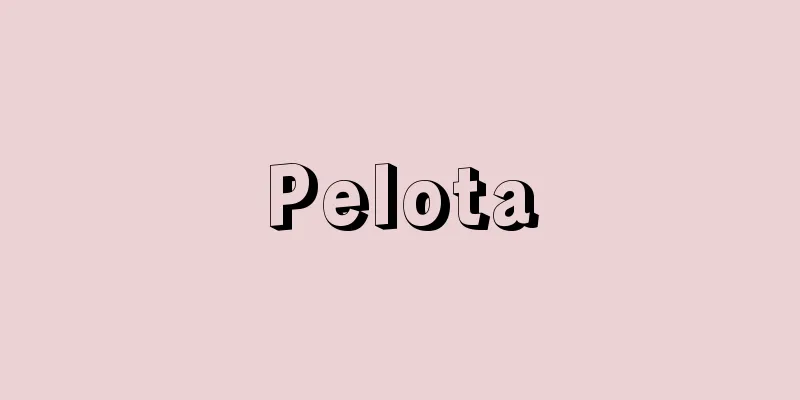
|
A general term for ball games originating from the Basque people. In Spanish, pelota means "round thing," "ball," or "ball game." In Basque, it is called "pilota." In Spanish, pello means hair, and pelota is made by rolling it into a ball. It is said that sheep and dog hair was also used. Today, the Basque people live mainly in the foothills of the northern and southern Pyrenees Mountains, which form the border between Spain and France, and pelota remains the most popular ball game in this region. The pelota that has been passed down in this region is not only popular in Spain and France, but has spread to 22 countries around the world. Today's pelota can be divided into two types: "face-to-face," where players face each other like tennis, and "hybrid," where players play on the same court, offense and defense like squash. There are four types of courts: the square in front of the church (maximum 100m x 20m), the fronton (where the ball is hit against the front wall), the trinquet (an indoor ball court with four walls), and the church's colonnade. Furthermore, there are racket-like instruments such as the bare hands, the pala, the paleta (two types), the guante, the joko garbi, the remonte, the cesta-punta (chistera), the xare, and the raqueta. These instruments are divided into two types: those used to strike the ball, and those used to catch and throw the ball (catching and throwing the ball as a series of movements without stopping). The striking instruments are the bare hands, the pala, the paleta, and the racket, and the rest are for catching and throwing the ball. As you can see, there are many different types of ball games called pelota (jai alai, which is used as a synonym for pelota in other countries, is one of the "hybrid" types). This is because each region or village has stuck to its own version of pelota, making it a typical example of an ethnic sport that rejects modernization. However, this is precisely why the Basque people's attachment to pelota is extraordinary, and it seems to express their unique ethnic pride and desire for identity. Source : Heibonsha Encyclopedia About MyPedia Information |
|
バスク民族発祥の球戯の総称。ペロタはスペイン語で〈丸いもの〉〈ボール〉〈ボールゲーム〉を意味する。バスク語ではピロタpilota。スペイン語のペロpeloは髪の毛であり,それを丸めてボールにしたものがペロタ。羊や犬などの毛も使われたという。こんにち,バスク民族はスペインとフランスの国境となっているピレネー山脈の南北の山麓を中心に生活しており,この地域では,ペロタがいまも最も人気のあるボールゲームである。この地域に伝承されているペロタはスペインやフランスだけでなく,世界22ヵ国に普及している。今日行われているペロタは,テニスのように向かい合ってプレーする〈対面型〉と,スカッシュのように同一コート内で攻防を繰り広げる〈混成型〉の二つに分けることができる。また,コートは,教会前の広場(最大100m×20m),フロントンfronton(前壁に向かってボールを打ち合う),トリンケットtrinquete(四方壁の室内球戯場),教会の柱廊arkupeの4種類。さらに,ラケットに相当する用具は,素手mano,パラpala,パレタpaleta(2種類),グアンテguante,ホコ・ガルビィjoko garbi,レモンテremonte,セスタ・プンタcesta-punta(チステラchistera),シャーレxare,ラケットraquetaなどがある。これらの用具はボールを打突するものと,捕投する(捕球と投球とを一連の運動として静止することなく行う)ものとの2種類がある。打突する用具は素手,パラ,パレタ,ラケットで,あとは捕投する用具である。このようにペロタと呼ばれる球戯は多種多様である(諸外国でペロタの代名詞として使われるハイ・アライjai alaiは,〈混成型〉の一つ)。これは地域ごとに,あるいは村ごとに自分たちのペロタ球戯に固執してきたからで,近代化を拒否した民族スポーツの典型的な例といってよい。しかし,それだけにバスク民族のペロタに対するこだわりは尋常ではなく,そこに民族固有の誇りとアイデンティティを求める気持ちとが表出しているように思われる。
出典 株式会社平凡社百科事典マイペディアについて 情報 |
<<: Pelotas (English spelling)
>>: Vellozia (English spelling)
Recommend
Gakusando Inpu - Gakusando Inpu
…The Qing Dynasty had Wu Guanjun’s 10 volumes of ...
Galactic magnetic field - ぎんがじば (English spelling) galactic magnetic field
There is a large-scale magnetic field that runs in...
Martin Buber
A Jewish thinker born in Vienna. After being a pr...
Hajime Tanabe
Philosopher. Born in Tokyo. Graduated from the De...
Granite State
…It was one of the original 13 states, but at the...
Freshly made - Freshly made
...It is believed that this belief was popularize...
Offset printing machine - Ofusettoinsatsuki
...A machine that applies ink to a plate and pres...
taille personnelle (English spelling)
…Persons holding public office were also exempt. ...
Happy God
...In addition, attention should also be paid to ...
Inasa [town] - Inasa
A former town in Inasa County, western Shizuoka Pr...
Hemitragus
...General term for mammals of the genus Hemitrag...
Kawatake Shinshichi (2nd generation)
...Kabuki playwright. His real name was Yoshimura...
Mysterious - Yugen
The use of the word yugen dates back to the Later...
Donut phenomenon - Donut phenomenon
Rising land prices and worsening living conditions...
Fujito
Title of a Noh piece. Fourth piece. Author unknown...
